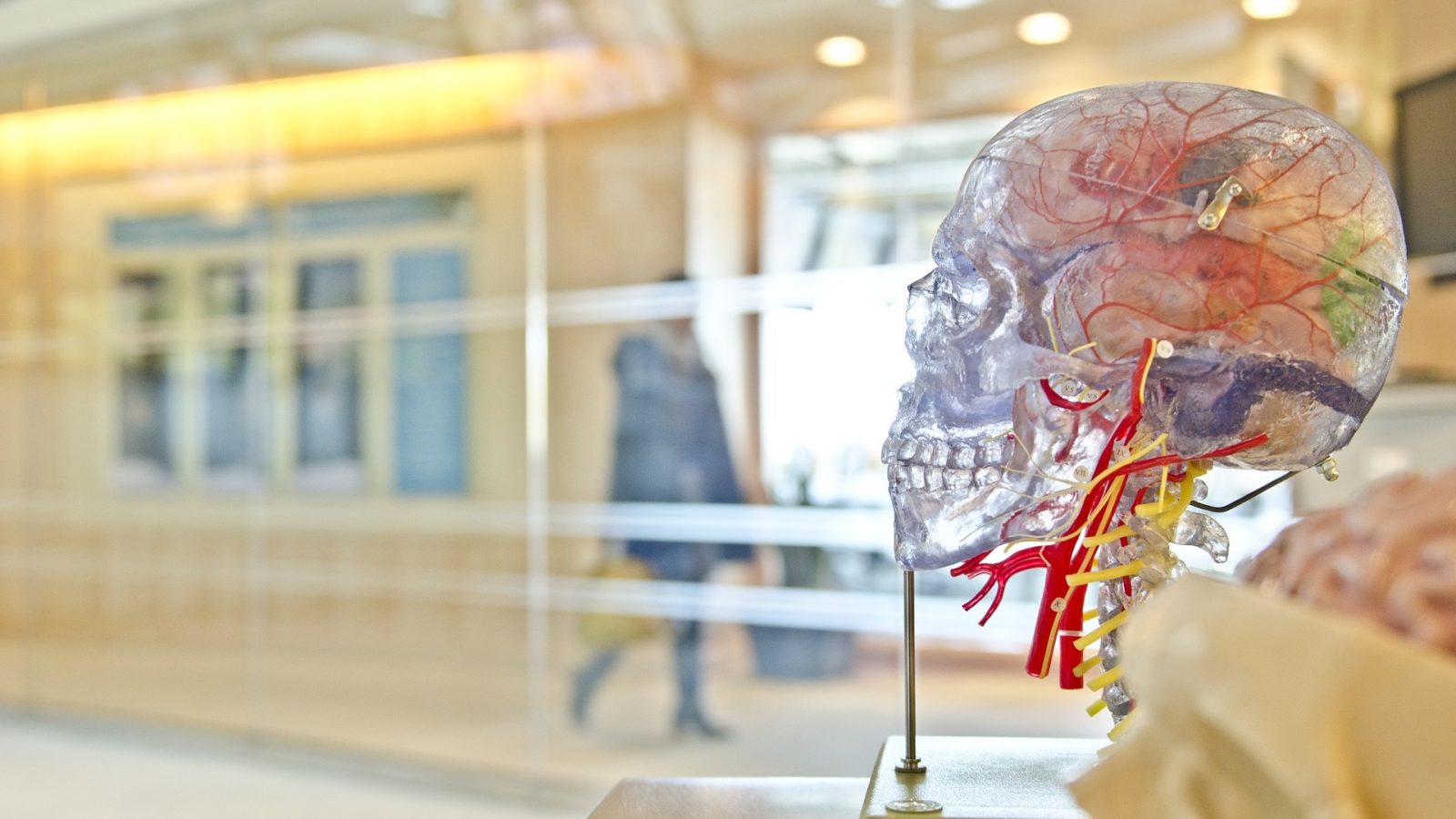Neurodegenerative diseases are a vast and rapidly developing research subject, and by combining the strengths of two outstanding research institutions – the Institute of Psychiatry, Psychology and Neurosciences in London (IoPPN) and the Deutsches Zentrum für Neurodegenerative Erkrankungen in Dresden (DZNE) – researchers can work together on numerous projects.
During a Kick-Off-Workshop in November 2019, organised by Dr. Sandrine Thuret and Prof. Dr. Gerd Kempermann, the foundations for a thriving binational partnership were laid. Within this partnership, several research groups are working together not only in organizational aspects like applying for project grants, but more importantly they are benefitting from their shared knowledge. Together, they tackle ground-breaking research questions, including the role of certain proteins for neural fitness, the difference of brain circuitry between non-regenerating and regenerating species to spatial learning in Parkinson’s syndrome.
Through the partnership, both research institutions have the possibility to offer joint lectures at each location. Students from the fields of regenerative biology and medicine, and neurosciences profit from a wider range of lectures, as the lectures in the Master programmes at the CRTD and the IoPPN offer them the unique chance to learn from renowned researchers during their studies.
For two of the research groups the hard work has paid off: The two neuroscience projects were granted the transCampus Research Award 2020.

Neurosymposium 2019
On 4 and 5 November 2019, the first TU Dresden & King’s College London Neurosymposium took place at the DZNE in Dresden. It aimed towards bringing together a breadth of aspects of neurosciences from different fields, such as developmental or regenerative neuroscience. Over the two days, King’s and TU Dresden neuroscientists shared their research themes and highlights, forming new working groups to strategize and collaborate in the future.
This first meeting aimed at further developing current collaborations and exploring new partnerships. The workshop allowed the identification of areas of strength in neuroscience across both universities with the goal to develop a focus for research funding applications and potential educational program opportunities.


